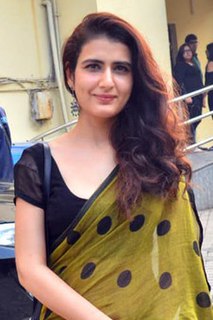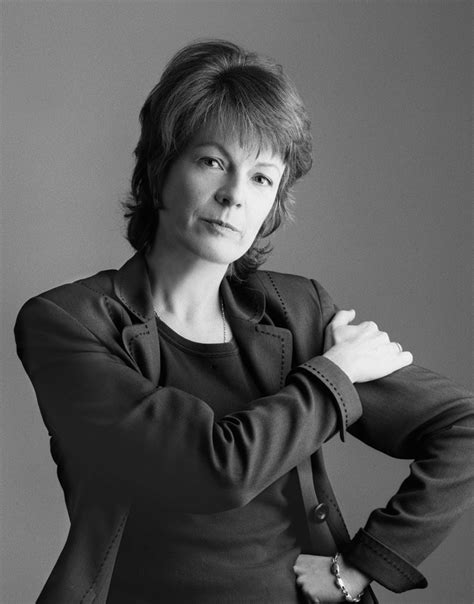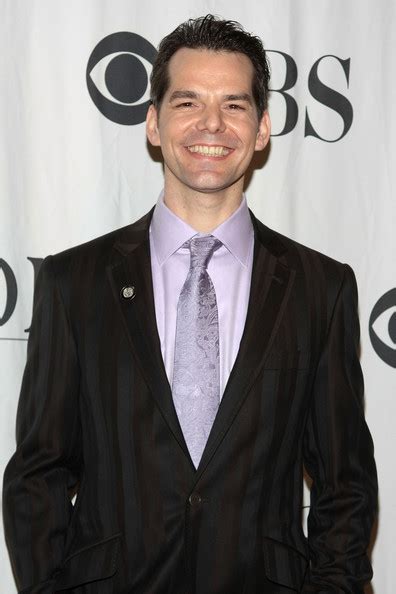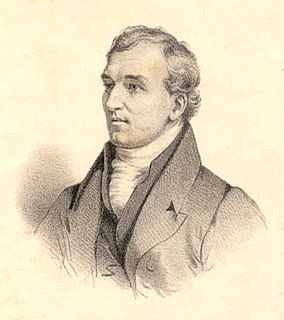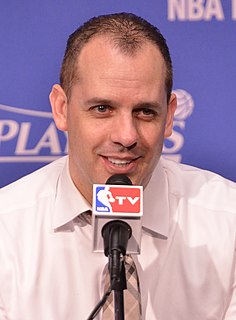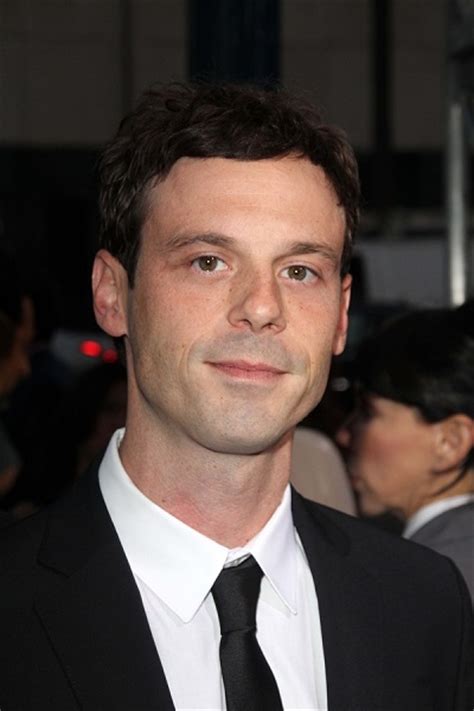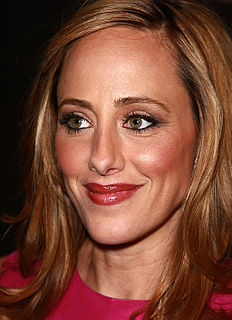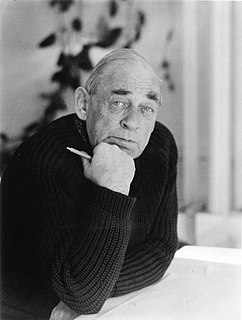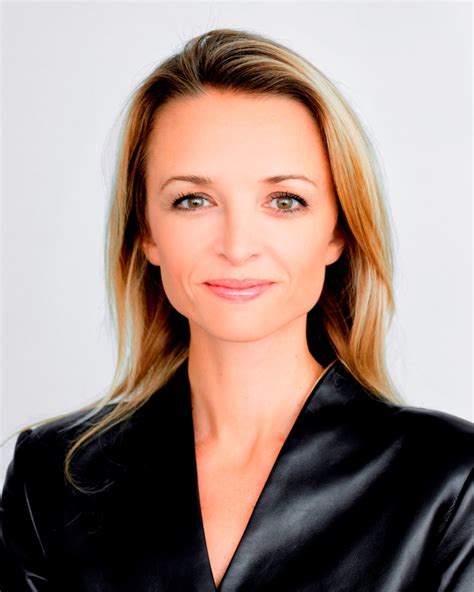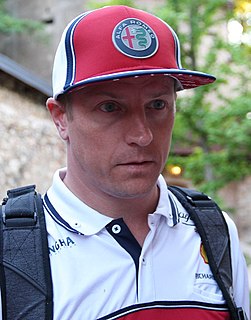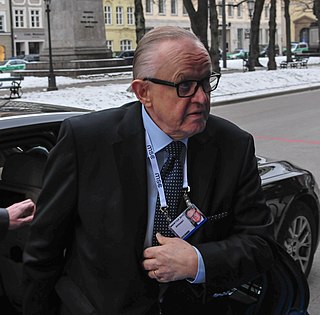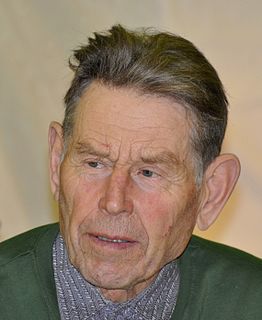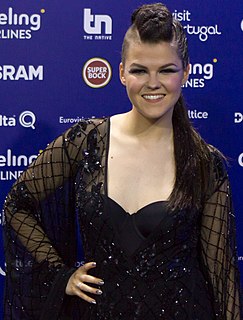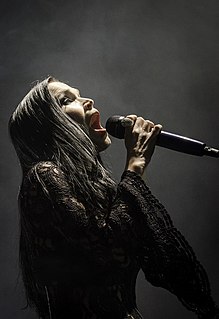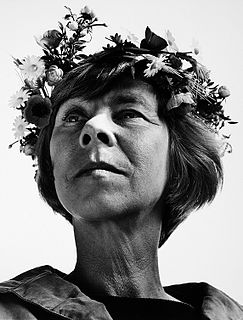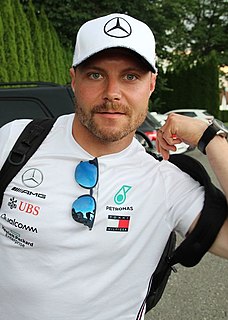A Quote by Pirjo Honkasalo
The cinematography was of course incredibly important to me because I graduated as a cinematographer.
Quote Topics
Related Quotes
As important as it is to learn the techniques of cinematography, you also have to learn how to deal with the movie set, with show business. I came up with a cinematographer who is very talented, but she was never quite able to handle everything else you have to do - dealing with the producer and the crew and the time frame that you have to follow.
I just feel incredibly lucky. I went to drama school and about 28 of us graduated. I graduated from drama school in 2000, and I would say about two of us are working and able to make a living out of it. It is a tough profession. To have the kind of success I have had is really amazing, and I am incredibly grateful.
Cinematography was incredibly foreign to me, so I read as much as I could about it. Once I figured out that it was just photography with a set shutter speed, I got some slide film and I just went about storyboarding the script and taking snapshots. I took a ton of time doing it just to make sure I knew exactly what I was doing. By the end of it I knew what the film was going to look like - my exposure and the composition and everything. I wasn't scared of cinematography anymore.
I was not getting work, even after auditioning for films. So I started working in a studio as a photographer; I assisted a cinematographer for two ads. I was thinking that I will get into photography or cinematography or assist someone. But then the 'Dangal' offer came, and I was busy with the auditions.
Originality is also very important to a writer. And all of the writers I've mentioned, of course, are original, but it's important to me that every book that I do be really a completely fresh and new look at the world. And of course, that makes it frightening to start a new book because you can't really depend upon what you've done with previous books.

